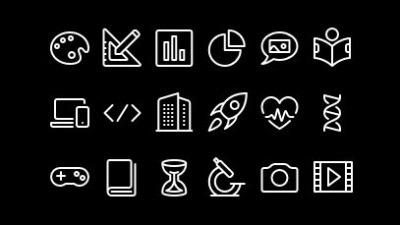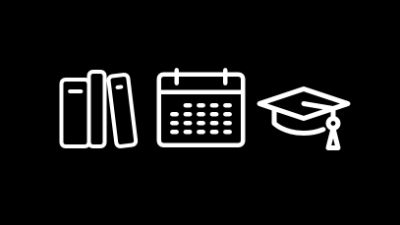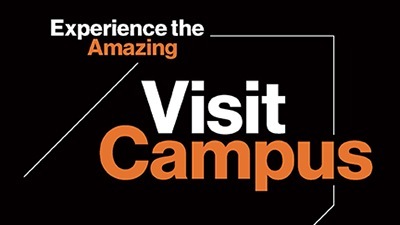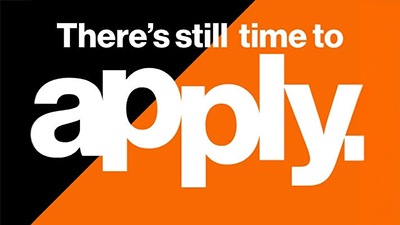
Corinna Hill
Assistant Professor, Liberal Studies
Corinna Hill
Assistant Professor, Liberal Studies
Bio
Video Bio
Dr. Corinna S. Hill is an Assistant Professor in the Department of Liberal Studies at RIT/NTID. She received her BA in History from Gallaudet University and her MA and PhD in History from the University of Rochester. She studies the history of deafness and disability in the United States, with a focus on the nineteenth and twentieth centuries. She is particularly interested in how language access, medicine, technology, and social relationships have shaped Deaf and Disabled experiences in America. Her current research includes an oral history collection project on American Deaf clubs and a study of friendships between Deaf and hearing Americans from 1840 to 1920.
Select Scholarship
Publications
Corinna S. Hill and Bruce Johansen, “A Gift to All Deaf Minnesotans: A History of St. Paul’s Charles Thompson Memorial Hall” Minnesota History Magazine, December 2022.
Corinna S. Hill, “Language Deprivation and the American Deaf Community,” foreword to Language Deprivation and Deaf Mental Health Care edited by Wyatte Hall and Neil Glickman, Routledge Press, published August 2018.
Selected Presentations
“What do You Meme? Incorporating Creative Assignments in Deaf Culture and Deaf History Courses” presentation at the Deaf History International Conference, August 2022.
“Can You See Me Now? A History of Telecommunications Technologies for the Deaf” presentation at the Northern California Registry of Interpreters for the Deaf Conference, November 2021.
“A Look at the History of Telecommunications Services for the Deaf” presentation at the National Registry for Interpreters for the Deaf Conference, July 2021.
“Yours Most Sincerely: A Study of the Friendship of a Nineteenth Century Deaf Mute Artist and Prominent Political Couple,” presentation at RIT/NTID’s ARTiculating Deaf Experiences Conference, November 2019.
“It Has Been A Circus’: Race and Disability in the Diary of a First World War Volunteer Nurse,” presentation at the Syracuse University History Graduate Conference, Syracuse, NY, March 2018.
“The Cripples and Great Blessés of World War One: Disability in the Diary of an American Volunteer Nurse Aid,” presentation at the 2018 Susan B. Anthony Institute for Gender, Sexuality, and Women's Studies Interdisciplinary Graduate Conference, Rochester, NY, March 2018.
“‘Every Bed a Puddle of Dakin and Pus!’ The Diary of a Rochester Nurse during the Great War,” presentation at the Rochester Medical Museum, Rochester, NY, November 2017.
Currently Teaching
In the News
-
April 4, 2025

NTID’s Hill engages students in embracing the history of Deaf culture
Corinna Hill didn’t expect to become a college professor, let alone one honored with a prestigious teaching award. But, this year Hill, an assistant professor in NTID’s Department of Liberal Studies, has earned RIT’s Richard and Virginia Eisenhart Award for Excellence in Teaching.





